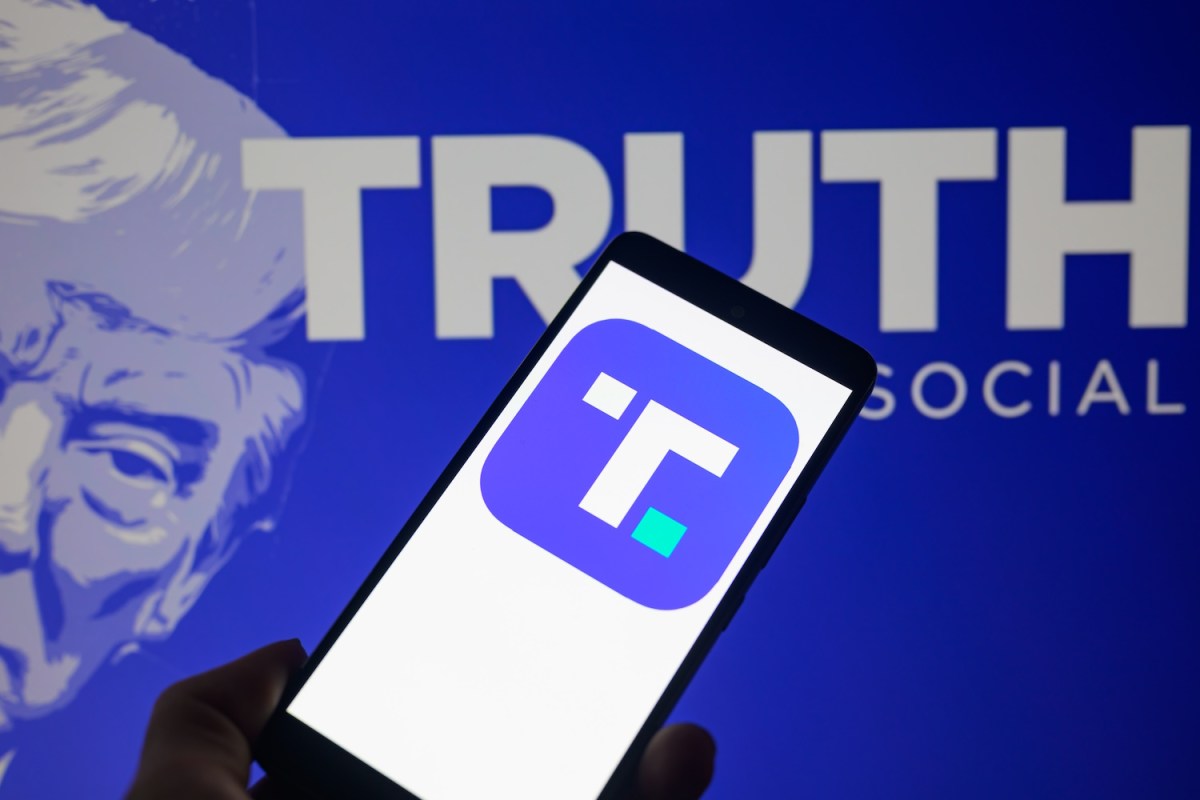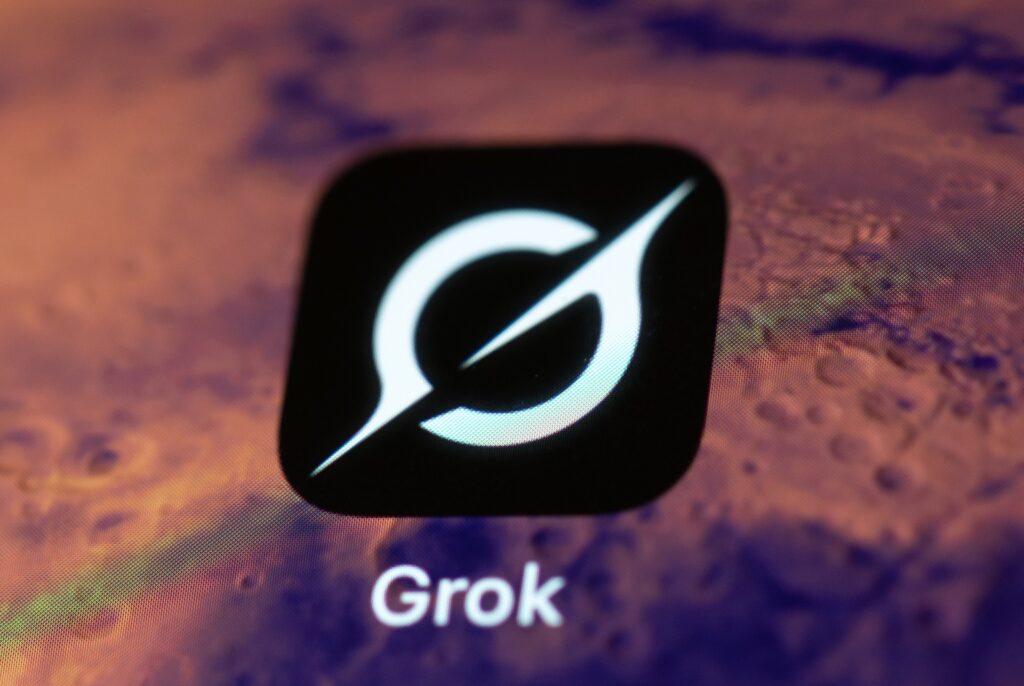
Image Credit: Jonathan Raa/NurPhoto / Getty Images
Introducing AI Search Capability on Truth Social
Donald Trump’s social media platform, Truth Social, has unveiled a new AI-powered search engine supported by the AI startup Perplexity. This new feature, named “Truth Search AI,” is currently available on the web version of Truth Social, with public beta testing for its iOS and Android applications planned for the “near future.” This marks a significant step for Truth Social as it aims to exponentially increase the amount of information available to its users and offer a different search experience.
This introduction comes at a time when social media platforms are increasingly looking for ways to integrate AI into their functionalities to improve user engagement and facilitate access to information. Truth Social’s approach in this area is particularly significant, given the platform’s nature and its focus on “truth” and “free speech.” The integration of AI into its core operations raises questions about how information will be validated and presented on such a platform.
Trump Media stated that the goal of this innovation is to help users quickly and easily access credible information without needing to leave the platform. This move places Truth Social alongside other tech giants who are heavily investing in AI capabilities to enhance their services. However, the main difference is that Truth Social seeks to provide a search that aligns with the platform’s core values.
Collaboration with Perplexity and Technological Capabilities
Trump Media announced in a press release that Perplexity’s technology provides “direct, contextually accurate answers with transparent references.” This feature allows users to delve deeper into searched topics and access original sources of information. Truth Social’s use of the Perplexity Sonar API demonstrates the platform’s commitment to providing up-to-date and verified information, even if this information is collected from websites that block Perplexity’s crawlers.
The Sonar API also supports structured output, meaning users can define the format of search engine responses. This flexibility can help users receive information in a way that is most useful to them. However, fundamental questions about Truth Social’s ultimate control over sources and how this control impacts the impartiality and accuracy of search results remain.
Technical Aspects of Perplexity Sonar API
Perplexity Sonar API is known for its ability to provide comprehensive and accurate summaries of web information. This technology can process vast amounts of data and transform it into a coherent and understandable answer. This feature is highly attractive for platforms like Truth Social that seek to provide fast and reliable information to their users.
The transparent referencing capability to sources also, at least in theory, allows users to verify the accuracy of information and be aware of potential biases. This is crucial, especially on platforms that face challenges with misinformation and the spread of fake news. However, as Perplexity has clarified, ultimate control over filtering and selecting sources will rest entirely with Truth Social.
The Issue of Source Control and Information Transparency
Despite Perplexity’s advanced capabilities, a key point that has raised concerns is that the Truth Social platform has complete control over the sources used by its AI search engine. Jess Dyer, a spokesperson for Perplexity, told TechCrunch that the Sonar API “will be accurate to whatever sources Truth Social limits it to.” He added, “We have no visibility or control over that. Similar to how you would use an API within your own company or if you were an academic researcher and wanted to use it to search your own data.”
This statement highlights the dual nature of this collaboration: while Perplexity provides advanced technology, the ultimate responsibility for selecting and validating sources lies with Truth Social. This situation could lead to the formation of a “filter bubble,” where users are only exposed to information pre-selected and approved by the platform. This contradicts the primary goal of AI, which should be to provide access to a wide range of unbiased information.
Source selection, especially in a sensitive political and social context like Truth Social, can deeply impact the formation of public opinion. A lack of transparency regarding source filtering criteria can fuel user distrust and raise questions about the credibility of the information provided. This issue is particularly important given Truth Social’s stated goals of combating “fake news” and promoting “truth.”
Axios’ Findings on Search Result Bias
To assess the sources referenced by this search chatbot, Axios asked it several questions – including “What happened on January 6, 2021?” and “Why was Donald Trump impeached?” In all responses, FoxNews.com was either the most common source or the only source of information cited. According to Axios, other sources included FoxBusiness.com, The Washington Times, or Epoch Times.
This is in contrast to Perplexity’s general search engine, which returns a wider range of sources including Wikipedia, Reddit, YouTube, NPR, and Politico. This stark difference in results indicates that Truth Social has intentionally or unintentionally limited the information sources of its AI search engine to media outlets that reflect specific viewpoints.
This practice can lead to the reinforcement of existing beliefs among users and prevent their access to diverse perspectives, which is essential for healthy and democratic discourse. This issue strongly contradicts the claim of transparent referencing and contextual accuracy and could turn Truth Social from an impartial information source into a tool for disseminating particular viewpoints.
Trump’s AI Action Plan and Bias Concerns
The timing of these events with Trump’s “AI Action Plan” and his executive order targeting “biased AI” is noteworthy. This order specifically referred to information related to race or gender, unconscious bias, systemic racism, and other ideas related to diversity, equity, and inclusion (DEI) as “pervasive and destructive ideology” that could “distort the quality and accuracy of AI output.” Trump sought “ideological neutrality” in AI models in this order.
Given this perspective, Truth Social’s selection of sources for “Truth Search AI” may be an attempt to align search results with this executive order and avoid what Trump calls “bias.” However, this approach could lead to another type of bias: partisan bias that promotes only certain views and omits or downplays opposing viewpoints.
This raises important questions about the nature of “truth” and the role of technological platforms in shaping public understanding. While Trump seeks to remove “left-wing” biases from AI, Truth Social’s actions may only lead to replacing one bias with another, which harms the overall health of the digital information space.
Impact on the AI Landscape and Digital Space
The introduction of Truth Search AI and its functioning has sparked widespread debate about the responsibility of AI platforms for the content they generate and present. As tech companies seek to expand the applications of AI, the need for mechanisms of transparency and impartiality is felt more than ever.
This week also saw another significant event: major AI companies like OpenAI, Anthropic, and Google were added to the list of approved vendors who can sell their services to civilian federal agencies in the United States. OpenAI even reached an agreement with the main purchasing arm of the U.S. government to provide ChatGPT Enterprise to agencies at an annual cost of “just $1.”
These developments indicate two different paths in the development and use of AI: one path towards greater integration with government entities and an attempt to provide more general tools, and another path, seen in Truth Social, towards personalization and content control based on a specific policy. This duality can deeply impact the future of online information and public understanding of “truth” in the age of AI.
Protecting source diversity and algorithmic impartiality are key challenges that must be addressed in the coming years to prevent the creation of limited and one-sided information ecosystems. This is crucial not only for private platforms but also for government entities turning to AI, as the use of AI should lead to increased access to credible and diverse information, not its restriction.
Article Source: TechCrunch



